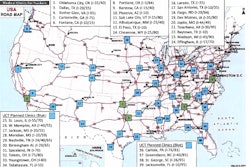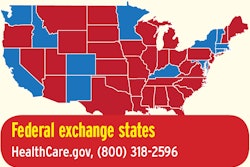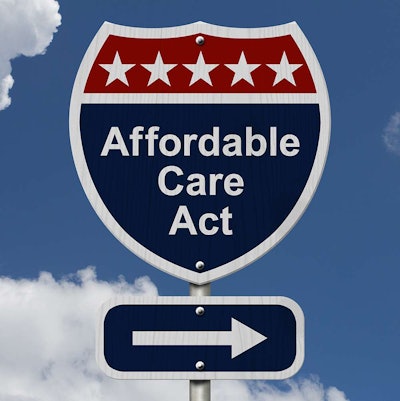
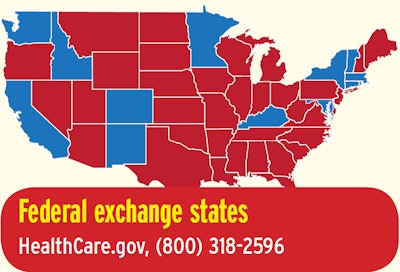
If you’re one among an approximate 1 in 10 Overdrive readers utilizing one of the Affordable Care Act exchanges to purchase individual-market health insurance, renewing your plan and/or shopping among what new options may exist can be done only during the annual open enrollment periods allowed under the law, except in special cases. This year, for the national HealthCare.gov exchange at least, that period is about to kick off on Nov. 1 with a timeline cut in half and running through only Dec. 15.
In 2016-17, open enrollment ran through the end of January, and in prior years the end of February wasn’t an unheard-of end to the period.
A series of state-run health insurance exchanges, however — including those in California, Colorado, Connecticut, Massachusetts, Minnesota, New York, Rhode Island, Washington state and D.C. for residents of their areas — have announced extended periods, most through either January 15 or 31 with some differences. Attempts by Republicans in Congress to do away with the individual-mandate requirement of the Affordable Care Act and otherwise reform the current system have failed thus far, so the tax penalty for not carrying insurance remains in effect. An adjustment to the penalty’s levels, however, has not been announced for the 2018 tax year. If it remains the same as in 2017, it will be assessed on your return in 2019 and equate to $695 per individual in the household or 2.5 percent of income, whichever is higher.

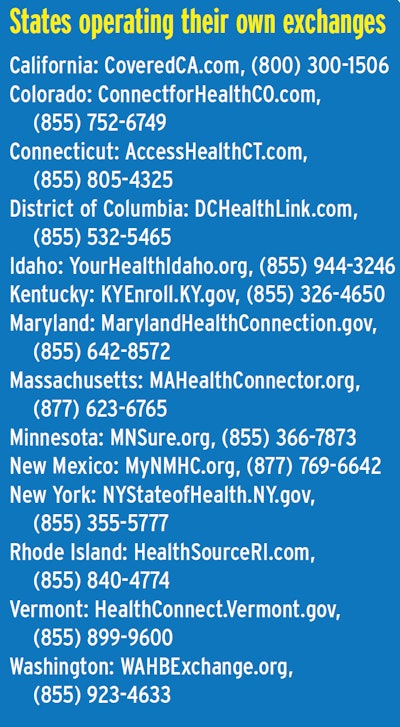
Alternatives to the exchanges for those without a group health-insurance plan remain in both private exchanges, like that operated by the TrueNorth company and NAIT’s Truckers Insurance exchange, and self-insured risk pools like the NAIT’s AlieraCare product. For those with pre-existing conditions, however, the ACA exchanges remain the likely best bet given the ACA’s protection for such buyers. Read more about that option via this link.

